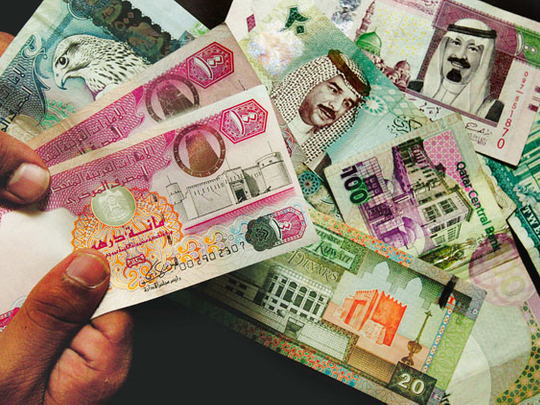
Dubai: The Middle East has fewer and less complex tax laws in the world, according to Paying Taxes 2012, an annual report issued by global auditing firm PriceWaterhouseCooper (PwC), the World Bank, and IFC.
On average there are almost half as many taxes levied in the Middle East, compared to the global average. Moreover, the time to complete tax obligations is significantly lower than the rest of the world. The findings further support the region's growth prospects and its position on the global stage.
"The Middle East has traditionally been, and continues to be, relatively straight forward when it comes to paying taxes due to the limited number of taxes that are currently levied. A key finding in this year's report highlights that when governments continue to reform their tax systems they improve their overall rankings to become more internationally competitive. Such reforms might include the ability to file and pay taxes electronically," commented Dean Rolfe Tax Partner at PwC.
The Paying Taxes data is produced as part of the World Bank and IFC's Doing Business study. Data on business taxes is taken from a questionnaire sent by the World Bank to PwC offices and other third-party contributors around the world. The methodology used to analyse this data and assess the Total Tax Rate in each country is based largely on PwC's Total Tax Contribution framework.
This year, the country rankings in the Paying Taxes report differ from those used by the World Bank in their Doing Business report. The Doing Business report has applied a threshold to the ranking for the Total Tax Rate to seek to mitigate the effect of low Total Tax Rates on the rankings.
The report finds that tax reforms continue around the world, making paying taxes easier. In the past seven years more than 60 per cent of the economies made paying taxes easier with 244 reforms.
Between June 2010 and May 2011, 33 economies made it easier to pay taxes. Since the 2006 Paying Taxes study, the tax cost has fallen on average by 8.5 per cent, the time needed to comply dropped by over a week (54 hours), and the number of payments declined by almost five.
Practices which have helped improve the results include: Effective electronic filing and payment systems (used in 66 economies); Having one tax per base rather than multiple taxes (49 economies have one tax per base); Using a filing system based on self-assessment (79 per cent of economies do this) and Reductions in the rate of corporate income tax (133 significant reductions)
The study also finds that 173 economies levy a corporate income tax, 171 collect some form of social security contribution and 151 have a Value Added Tax.












